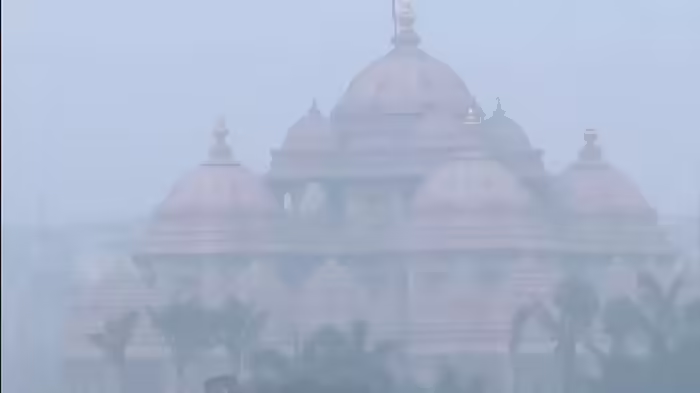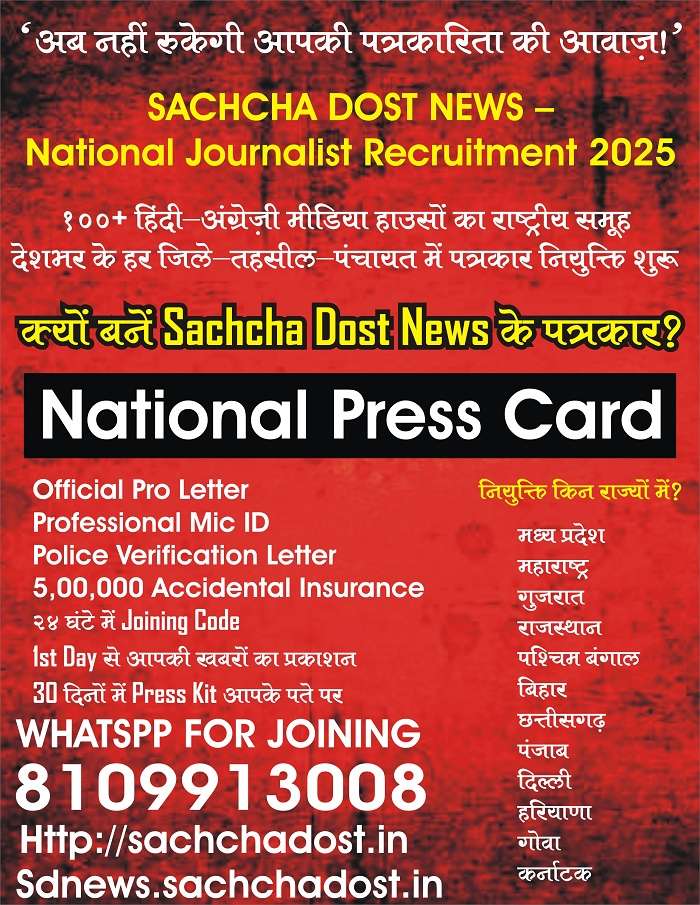
New Delhi: The air quality in Delhi has deteriorated sharply, surpassing the ‘Severe’ pollution zone, prompting senior doctors at AIIMS to issue a stark warning about life-threatening conditions and a public health emergency. Immediate action is required to mitigate the impact of hazardous air on residents’ health.
Urgent Measures Needed
AIIMS respiratory department officials stressed that agencies must implement strict measures on an urgent basis. Dr. Anant Mohan highlighted that while the issue recurs every winter, effective, long-term solutions remain limited, with temporary measures like air purifiers or anti-smog guns providing only minimal relief.
Health Risks from Polluted Air
According to doctors, fine particulate matter (PM2.5) enters the body through the nose, spreads via the bloodstream, and can lead to multiple health problems:
- Increased risk of heart attacks and stroke
- Elevated blood pressure
- Narrowing and blockage of arteries
- Higher susceptibility to cancer
Long-term exposure to such pollutants is also linked to reduced life expectancy, although exact figures are based on modeling studies rather than direct data.
Rising Number of Patients
Dr. Saurabh from AIIMS reported a 30–35% increase in respiratory patients in OPDs due to polluted air. Patients with pre-existing conditions like asthma and COPD are experiencing sudden deterioration, with some requiring emergency admission, ventilators, or nebulization.
Winter Compounds the Problem
Dr. Anant Mohan noted that common cold and cough cases, which used to resolve in 2–3 days, now take weeks to improve due to the severity of pollution.
Reasons for Rising Pollution
The worsening air quality is influenced by Delhi’s geographical and climatic conditions. Cold, dense air traps pollutants close to the ground, while stagnant winds prevent dispersion.
Why Current Measures Are Ineffective
While the government has implemented initiatives like road sprinkling, these temporary fixes are insufficient. The main sources of dust, such as poorly maintained roads, vehicular emissions, open garbage burning, and construction activities, remain largely unaddressed. Monitoring and enforcement in residential and construction zones are also inadequate.
AIIMS doctors warn that without comprehensive, long-term action, the health risks to Delhi residents will continue to escalate, making air pollution not just a seasonal nuisance, but a serious public health crisis.
Discover more from SD NEWS agency
Subscribe to get the latest posts sent to your email.
